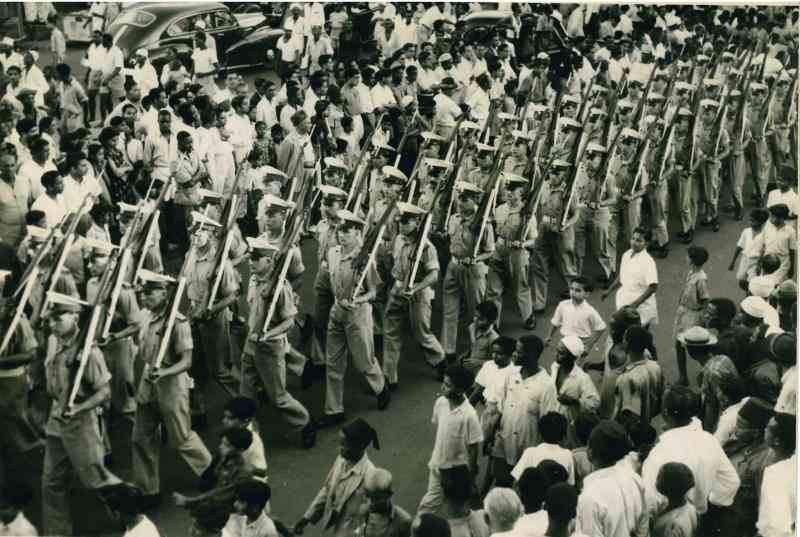×
The Standard e-Paper
Join Thousands Daily

British soldiers during Mau Mau operation in the 1950s. [File, Standard]
They were young, suave and keen administrators. Their work was to assist the governors of colonial Kenya, a task they performed with much gusto, more often in some remote outposts with unbearable living conditions.